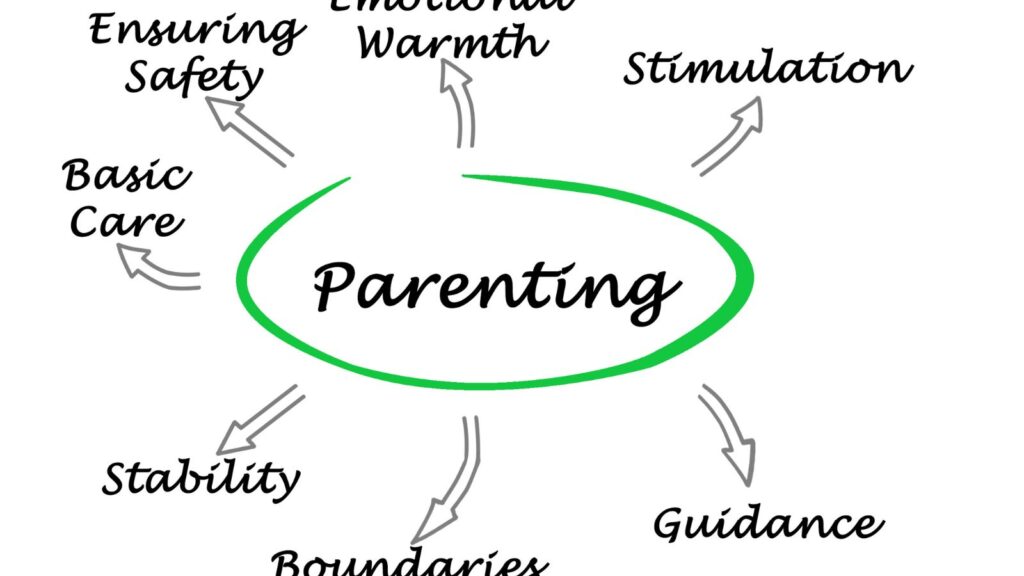Navigating the tumultuous seas of adolescence is challenging enough. Add parenting into the mix, and it’s a whole new ball game. This article delves into the world of teenage parenting programs, lifelines designed to support young parents in their journey.
These programs aren’t just about changing diapers or feeding schedules. They’re about providing holistic support, empowering teens to become confident, nurturing parents while still pursuing their own dreams. From educational guidance to emotional support, teenage parenting programs are reshaping futures, one young family at a time.
Teenage Parenting Programs
Teenage parenting programs act as a lifeline for adolescents, providing comprehensive support services. They equip young parents with the necessary tools to tackle the unique challenges they encounter. Wading through this intricate topic can offer insights into the many benefits and solutions they present to the challenges at hand.
Structured support benefits young parents in myriad ways. Firstly, imparting crucial knowledge on child-rearing practices fosters a nurturing environment. For instance, teenagers learn about the importance of nutrition, child safety, and health check-ups. Secondly, the availability of mentorship equips teenagers with life skills. Skills such as decision-making and problem-solving set the stage for them to juggle parental responsibilities and personal aspirations. Lastly and importantly, psychosocial support networks ensure emotional wellbeing. These networks include counseling services and peer groups where shared experiences create a sense of understanding and companionship amid perceived isolation.
Challenges Addressed by Such Programs
Teenage parenting programs tackle a broad spectrum of challenges. Chiefly among them is the issue of education. They facilitate school re-entry programs, thus ensuring teenagers continue their education uninterrupted. Furthermore, they equip young parents with vocational training that provides them avenues for employment. This addresses the root problem of financial instability often associated with teenage parenthood.
Key Components of Effective Teenage Parenting Programs
One can attribute the success of teenage parenting programs to key components that uniquely cater to the dynamic needs of adolescent parents. Let’s dissect these essentials.
A major part of effective teenage parenting programs is their imperative focus on educational workshops. The aim of these workshops is multifunctional, providing education about general parenting principles, health and nutrition for babies, as well as safety measures. For example, workshops often cover topics such as the importance of immunizations, nutritious feeding practices, and safety precautions to prevent injuries like choking or falls. In such setups, teenagers acquire parenting skills, enhancing their ability to take care of their infants and toddlers adequately. These educational workshops also offer literacy and academic assistance, facilitating educational pursuits despite the added responsibilities of parenthood.
Teenage parenting can bring an overwhelming emotional burden. Therefore, counseling and mental health support become keystone components of effective teenage parenting programs. In these programs, teenagers can avail of regular counseling sessions from experienced professionals.
Resources Available for Teenage Parents
Following the narrative of investing in thoughtful teenage parenting programs, the section now shifts its focus to diverse resources available for teenage parents. From online platforms to community-based assistance, the goal remains universal: to guide and support for enhanced parenting.
The Internet offers a wealth of resources beneficial for teenage parents. Forum platforms, social media groups, and informational websites make up a significant portion of these resources. Forums such as BabyCenter and Mumsnet provide a unique opportunity for parents to communicate, sharing experiences and support. Facebook, too, hosts numerous groups dedicated to teenage parenthood, fostering an environment of empathy and understanding. Websites such as the American Pregnancy Association and The Child Mind Institute serve as reliable sources for parenting tips, medical advice, and mental health resources.
Also of note, there are dedicated online programs like the eParenting initiative. Launched by the University of Wisconsin’s Extension Program, eParenting provides high-quality digital resources for parents of children ranging from infancy to teenage years, promoting communications skills, understanding child development, and nurturing the parent-child bond. This example underscores the range and utility of online tools and support groups available for teenage parents.






